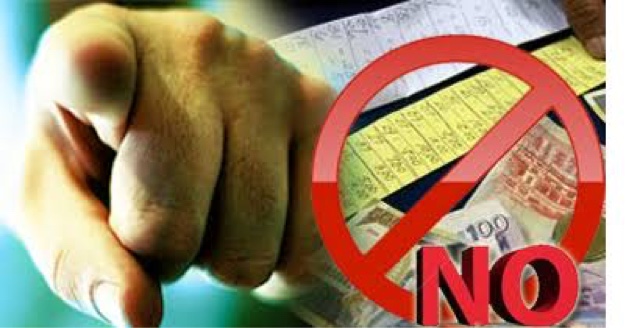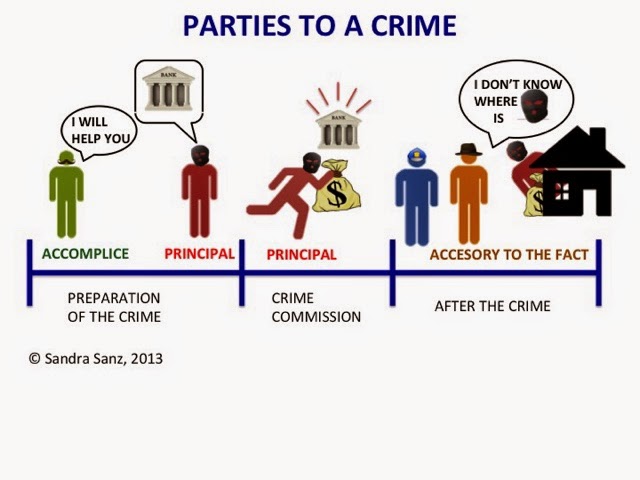The Crime of Treason
What is a crime of treason?
How it may be committed?
Could it be committed anytime?
A simple definition of treason is an act betraying one's country, especially by attempting to kill the sovereign or overthrow the government. (www.goggle.com)
| taken from |
Article 114 of the Revised Penal Code of the Philippines provides that:
"Any Filipino citizen who levies war against the Philippines or adheres to her enemies, giving them aid or comfort within the Philippines or elsewhere, shall be punished by reclusion perpetua to death and shall pay a fine not to exceed 100,000 pesos.
No persons shall be convicted of treason unless on the testimony of two witnesses at least to the same overt act or on confession of the accused in open court.
Likewise, an alien, residing in the Philippines, who commits acts of treason as defined in paragraph 1 of this Article shall be punished by reclusion temporal to death and shall pay a fine not to exceed 100,000 pesos." (As amended by Sec. 2, R.A. No. 7659)
Based on the definition, the crime of treason may be committed by any Filipino citizen and a resident alien. There is no requirement as to the residence of the Filipino citizens. The residency requirement is only for an alien. An alien must be a resident of the Philippines before he/she shall be charged with this crime.
| taken from |
There are two ways on how this crime may be committed. A person charged shall levy war against the Philippines by giving aid or comfort to the enemies of the country within the Philippines or elsewhere.
As defined in http://www.thefreedictionary.com/, to levy war is to make or begin war or to take arms for attack or to attack.
Thus, a crime of treason is committed only during wartime. It cannot be committed the other way around. No war no crime of treason.
Another instance when the crime of treason may be committed is when a person is adhering to the enemies of the country by giving them aid or comfort within the Philippines or elsewhere.
How to convict the accused of this crime?
As provided, no person shall be convicted of treason unless on the testimony of two witnesses at least to the same overt act or on confession of the accused in open court. Without this satisfaction, the accused shall be acquitted.


Comments
Post a Comment